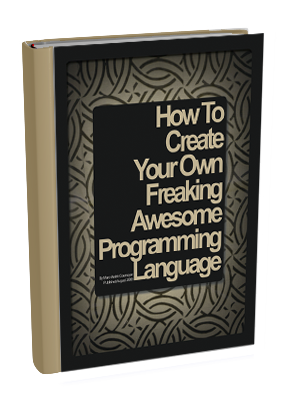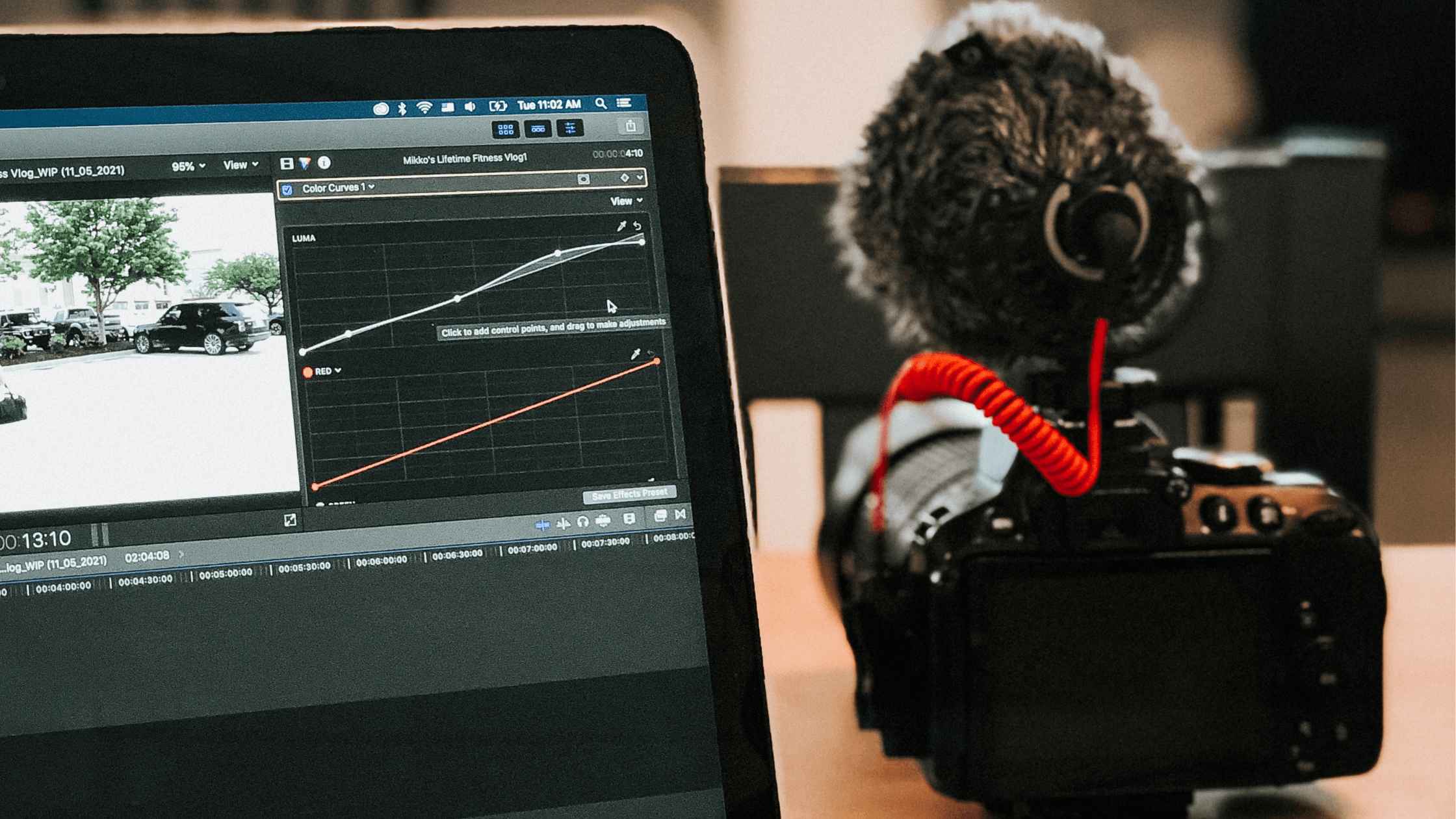In this article, Aprilynne Alter shares her creator journey so far, including a sharp pivot, what it took to leave that audience behind, and advice for creators in similar situations.
I’ve been a Customer Advocate at Buffer for nearly five years. Throughout that time, I've worked hard to find the best way to guide customers to unlock the full potential of our platform to help them achieve their goals. I found a specific passion for our customers in the onboarding part of their journey by helping them look for the right plan to meet their needs, ensuring they have the necessary documentation to allow their company to move forward with our platform, and empowering them through product education.
Spring of 2023 brought an exciting new dimension to my professional journey when I began volunteering on the executive board for the Blacks in Technology (BIT) Chicago chapter as their Director of Communications (feel free to check out our Start Page for BIT Chicago or sign up for Blacks in Technology!). As part of a global nonprofit, we're dedicated to empowering black professionals in the tech industry, fostering connections, and championing diversity and inclusion through events, education, and job opportunities.
While these two professional roles, one with Buffer and one with Blacks in Technology, might seem worlds apart, the intersections between them have been surprisingly complimentary. Here are a few ways my work as a nonprofit board member has helped me elevate customer experience at Buffer.
Learning lessons in communication has helped me empower both my community and customers
An organization’s communication plan (thoughtful or misguided) has the potential to affect its reputation. Business News Daily reports that a communication plan even has the power to support its community members’ feelings of being valued by the organization.
At BIT Chicago, communication to our members materializes through bi-weekly newsletters, engaging social posts, and event flyers. Throughout each of these mediums, the intention is to provide value and create connection between our organization and extended community. These efforts pour into our events themselves, such as our recent networking and panel in honor of National Minority Mental Health Awareness month that we co-hosted with Ayden Chicago (an omnichannel payment processing company) and Techqueria (a nonprofit organization dedicated to empowering the Lantinx community in the tech industry). These events provide a platform for our organization to connect with professionals on a personal level while encouraging discourse on issues that heavily impact our communities and using those insights to affect change in the tech industry as a whole.
While not in a marketing role at Buffer, the way we think about the lines of communication we as a support team have with our customers is similar, as it is focused on providing value and creating connection. Our external documentation (i.e., our Help Center) in the Customer Advocacy team is a resource meant to support and guide Buffer users. Providing helpful guides with avenues to get in touch for one-on-one conversations with a team member over email supports our customers in feeling confident and empowered on our platform.
Working with communication in both of my professional roles creates synergy! They both constantly challenge me to adopt the readers' perspective, asking questions like, "Is this information valuable to them?” or “How does this help them meet their objectives?" with the ultimate intent of helping them achieve their goals.
Leaning into calculated risks helped me discover a new approach to work
Both Buffer and BIT Chicago thrive on innovative approaches, occasionally venturing off the beaten path to benefit their respective communities.
At BIT, we recently partnered with IPlay Games!, a local nonprofit founded by Kevin Fair, which centers around hosting competitive gaming events to help foster community for gamers worldwide. While it felt quite unconventional for BIT Chicago to put on a gaming competition as a networking event, the BIT leadership team opted to go against the grain. Now, BIT enthusiastically promotes Super Smash Brothers tournaments hosted at Midlane Chicago weekly, which has enriched our community, allowing us to connect with our members in a different way.
The concept of venturing into uncharted territory is nothing new to Buffer, either. In August of 2022, we experimented with an entirely new approach to how we work as a team to support our customers: Build Week. During Build Week, the entire organization sets aside a workweek where we shuffle up to work in small teams with people we don’t normally collaborate with day-to-day. During the week, we create (and launch) projects and features, some which benefit our customers and others that benefit our team. What I love the most about the concept of Build Week is that it breaks down silos across teams and encourages genuine collaboration.
"When you break down silos, you foster a more collaborative environment, allowing you to achieve your goals and objectives more effectively and efficiently" – How to Break Down Silo Mentality In Organizations
Within each Build Week team, individuals leverage their unique perspectives and skill sets to build out something impactful together. This year’s Build Week spurred several successful project launches, such as introducing a Beta program that allows customers to test new features ahead of launch, newly designed swag (currently only for internal use), and the ability to schedule Facebook Reels in Buffer. Halting progress on all of our day-to-day work takes risk, courage, and creativity (and I can’t wait for the next one!).
Curious to see one of our Build Week presentations? Here’s the presentation from the team that worked on the Start Page MailChimp integration.
Because both BIT and Buffer encourage experimentation and iteration, I’ve had the opportunity to deeply understand the significance of pushing boundaries to enrich our community connections and experiences.
Learning to embrace research became a catalyst for our success
Even those acclaimed as experts in a field benefit from research, exploration, and rounds of feedback (oftentimes that’s how they got to that level in the first place!). Working in two organizations that endorse research to bolster community-focused decision-making has allowed me to witness this process over and over.
At BIT, the success of our events and initiatives hinges upon the harnessing of connections and networking to foster our partnerships. We lean into this research through collaboration amongst the executive board – this often looks like bi-weekly meetings where we share our individual and chapter-wide goals, brainstorming through event ideas, and pitching companies we would like to partner with in the future. With a clearly defined vision and goals, we’re able to source connections through our extended networks and even taking a grassroots approach where we research locations and organizations that share similar values.
Our first attempt at this proved to be successful – in our first team meeting we dove into research on high turnout from past networking events for other BIT chapters and decided to host a Juneteenth mixer event in July. This evolved into a partnership with another local nonprofit, Black Tech Leaders, and having some connections with local Black business owners led to Eleven Eleven, a well-known Black-owned restaurant and event space, hosting our mixer. This collaborative research strategy and intentionality behind the organizations we worked with contributed to our Juneteenth mixer being one of our most popular events thus far this year, exemplifying the profound impact of coming together to both support and celebrate our community.
While it looks different, we continually use research as a method of meeting the needs of our customers at Buffer, as well. Last year, we dove into research of our Agency plan to gain more insight into what we can do to further support our customers’ goals. The intention was to use the information gained to come up with strategies and features that we can lean into to better serve our Agency customers. This month-long research project was a cross-functional effort between Customer Advocacy and Product, and it gave us the opportunity to get personal accounts from our customers.
My research entailed facilitating one-on-one with current and prospective customers to determine whether or not our Onboarding initiatives were effective (i.e. live Q&A calls and the marketing of those live calls). Our customer’s voices are invaluable and are a driving force behind the success of our platform and how we support them within Customer Advocacy. So, while we could’ve focused solely on quantitative metrics for this initiative, we decided to lean both on quantitative metrics and qualitative data by talking with the people who were most affected. Ultimately, these research efforts helped us not only better understand the features our customers need most, but also how to evolve our Onboarding support to help them derive as much value as possible from our platform (such as adding a live demo component to our Q&A calls!).
In both BIT and Buffer, I’ve seen research bolster decision-making, adding clarity regarding the next steps to take to best support our respective communities.
I learned to hone in my resiliency to tackle high-impact situations
In the fast-paced environments of both BIT Chicago and Buffer, adaptability is a cornerstone.
At BIT, I’ve found that pivoting our approach in real-time is essential when facing challenges, whether it’s last-minute registration issues for an event, unexpected changes due to host unavailability, or aligning the schedules of our diverse board members to meet impending deadlines. Throughout each of these, we prioritize open communication and teamwork.
One important way we’ve become more equipped at managing challenges is by setting up clear lines of communication ahead of time. We set up a dedicated Discord server and text processes to ensure that all board members have quick access to other board members. This enables us to brainstorm solutions and streamline decision-making quickly.
In situations where event plans must be adjusted due to unexpected circumstances (such as someone falling ill or a last minute location change), our immediate focus turns to communicating with our community via social media and email updates. This approach not only keeps our members informed but also demonstrates our commitment to their experience.
The intentional, but swift pivots that we’ve found integral to our event success at BIT with communication at our foundation nicely support the necessary pivots we make within the Customer Advocacy team at Buffer. While never ideal, preparing for the unexpected is expected when working in the industry of Software as a Service (SaaS).
Working with integrations (APIs), at times, our customers have experienced more than one feature outage or degraded service. In these situations, our Customer Advocates jump between Slack channels to stay on top of the situation. Meanwhile, we’re also talking with customers in the inbox to keep them informed of the next steps. In these situations, the energy, compassion, and alertness are all on overdrive! Internally, we even have weekly check-ins where each teammate can voluntarily share what they’re working on, things they’re excited about, any challenges they’re facing, and how they’re feeling overall. On a fully remote team, building camaraderie is paramount. Having an understanding of how teammates are feeling while facing these high-impact situations allows each of us to offer support, understanding, and compassion, which ultimately leads to better collaboration when resolving these challenges head-on.
Having experience being faced with both virtual and in-person crises has allowed me to put both situations into perspective. While they appear to be very different challenges on the surface, the skills required to get through them (focus, quick decision-making, communication, and composure) have made it so that the more practice I’ve had with one, the more prepared I feel for the other.
As I continue to traverse the landscapes of both empowerment through my contributions at BIT and my work on the Customer Advocacy team at Buffer, I'm continually amazed by the intricate threads that connect these worlds. From fostering communication to navigating high-impact scenarios, these experiences have helped enrich both of my professional journeys. By weaving the lessons I learn along the way from one realm into another, I hope to craft a tapestry of experience that allows me to contribute to the empowerment, advocacy, and community-building within both organizations.
Recommended Story For You :
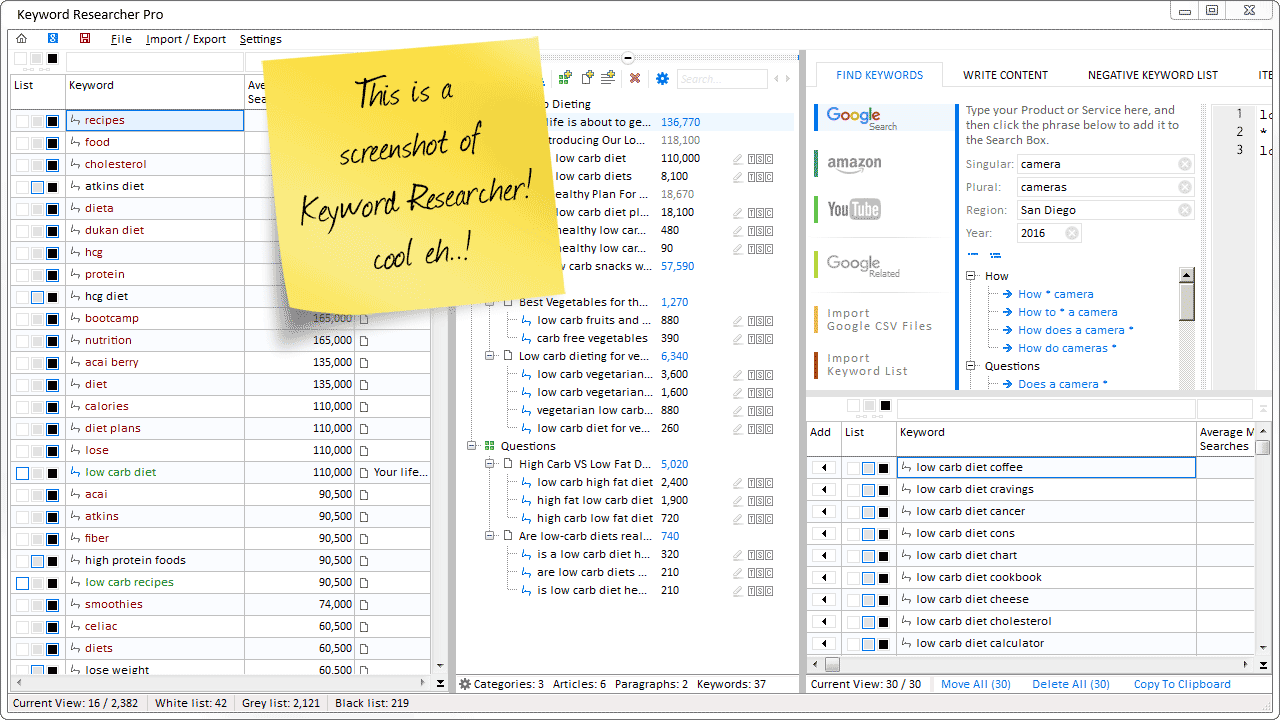
Organize Keywords and Import CSV Files from the Google Keyword Planner
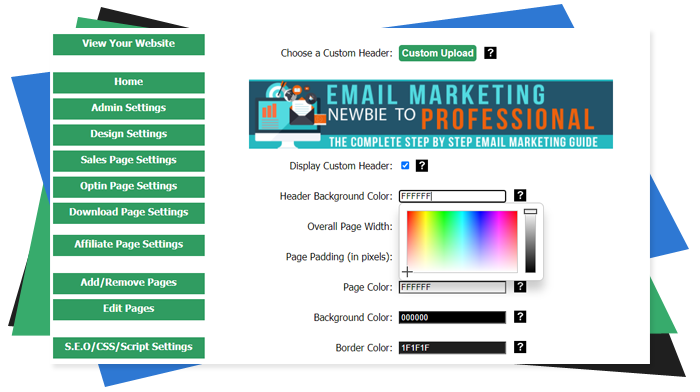
The Most Affordable And Easiest User Friendly Page Builder You Will Ever Use!

Instant WordPress Theme That Matches Your Website
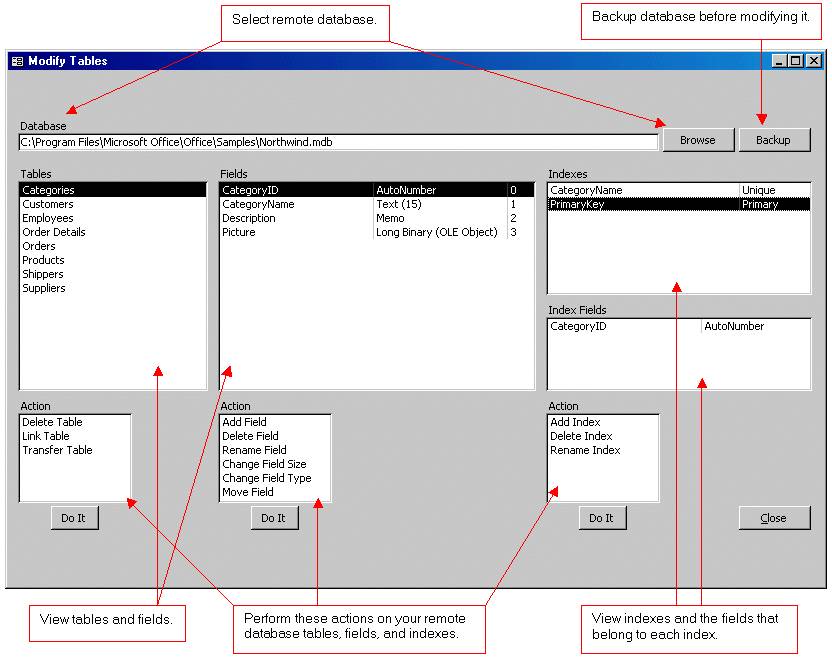
Wizard to Manage Remote Backend MS Access Database Tables Fields and Indexes

If you had an aisle-by-aisle grocery list wouldn't you spend less money on impulse items?
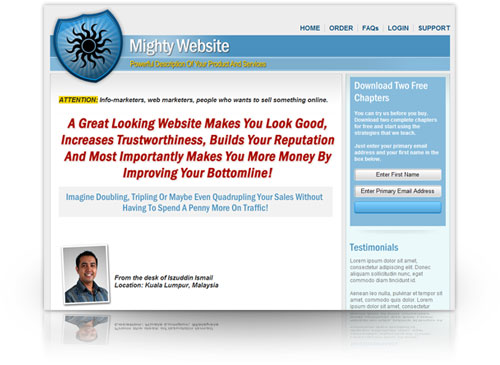
everything you need to create a professional corporate look mini-site is there.
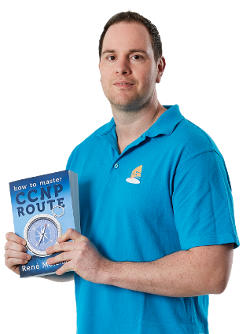
Unlock Your Networking Potential with GNS3Vault
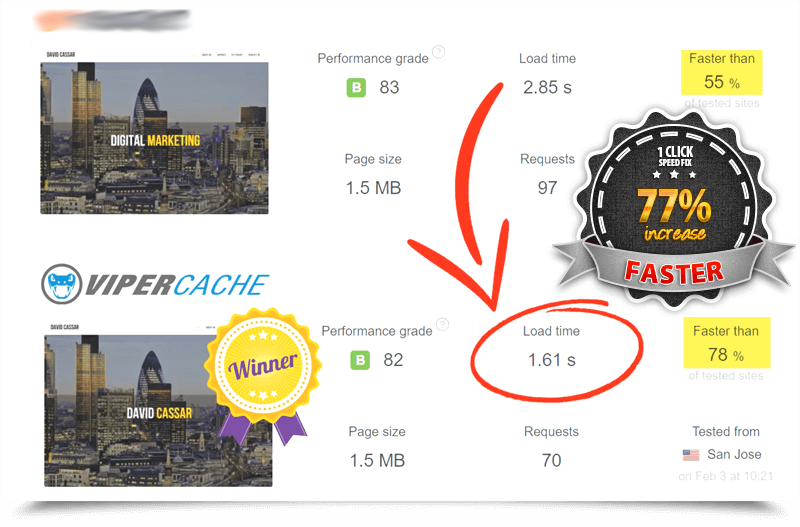
Viper Cache Was 77% Faster Than The Competetion

Understanding Stock Market Shorting eBook
